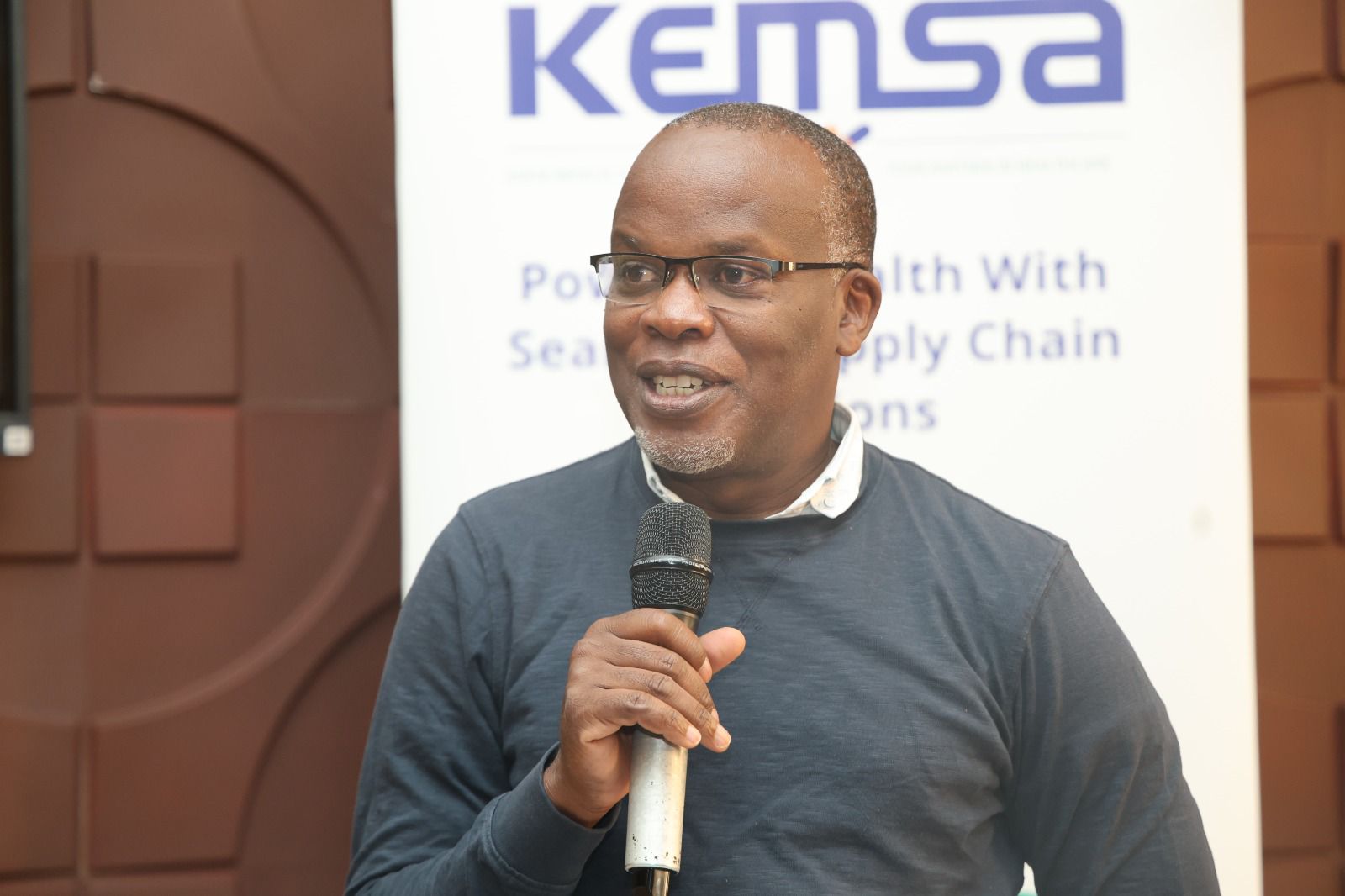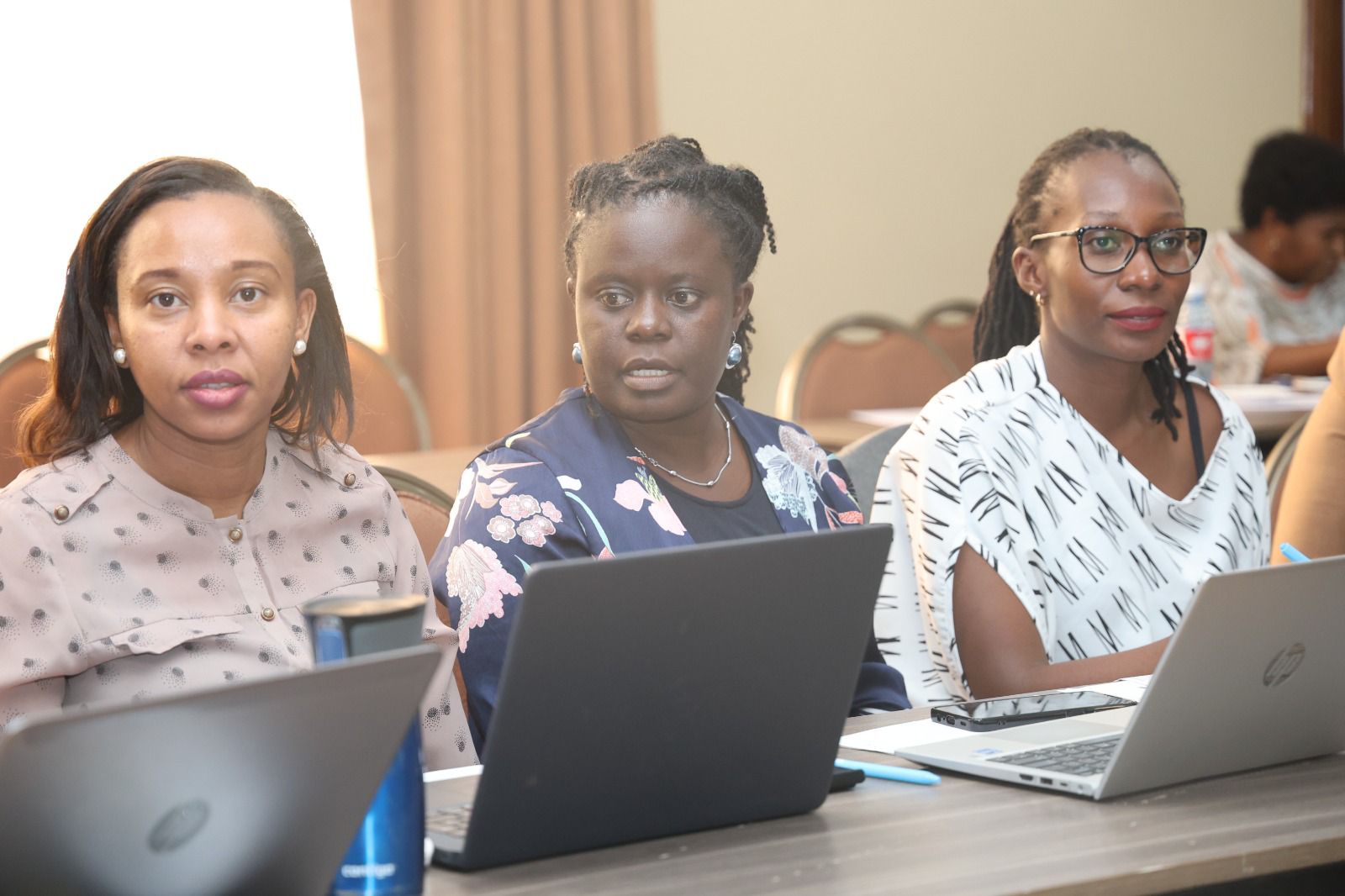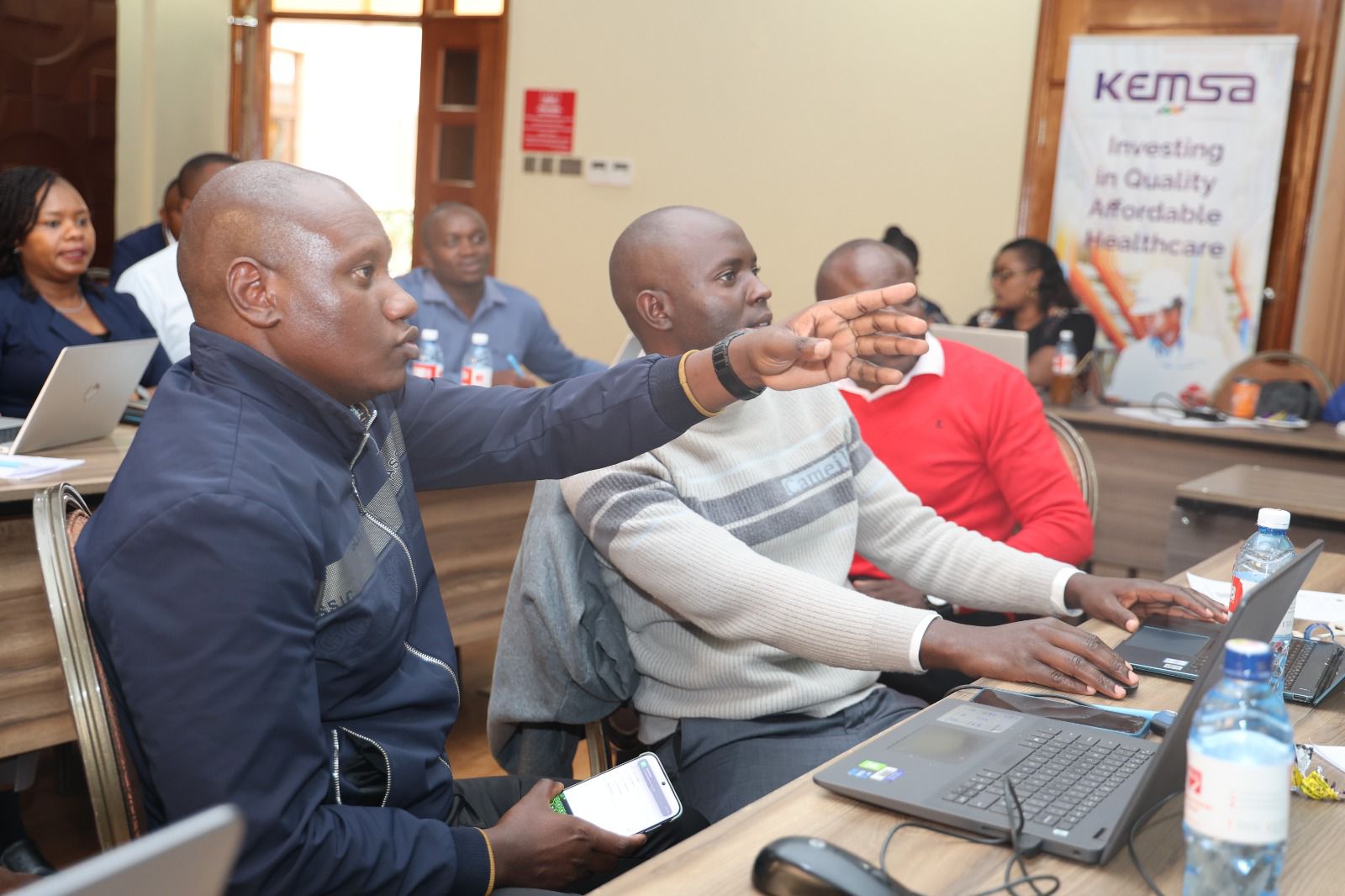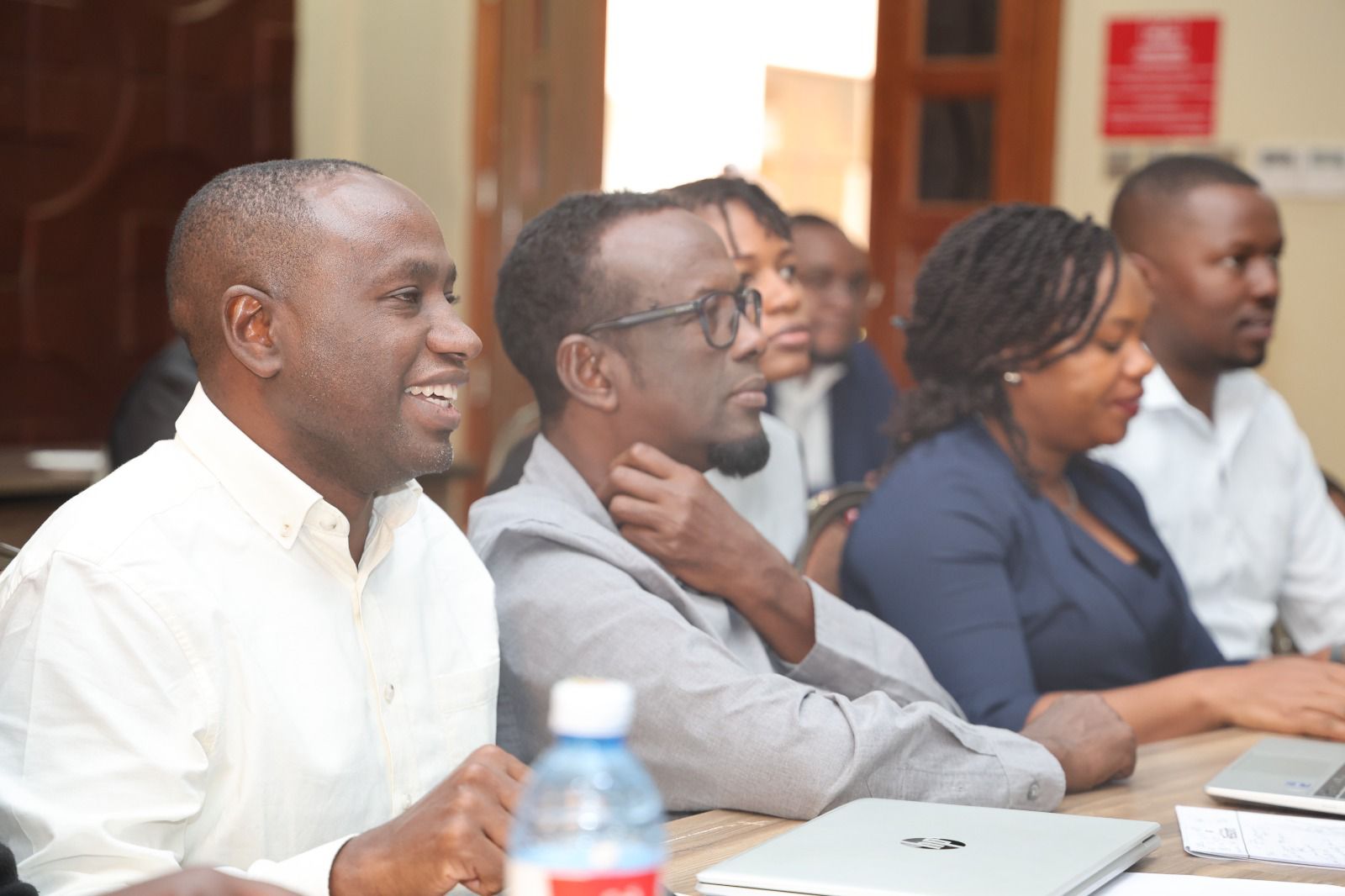Health Supplies, On Demand: MoH, KEMSA & County Pharmacists Join Forces
24/07/2025

The Ministry of Health (MoH) and Kenya Medical Supplies Authority (KEMSA) are strengthening Kenya’s healthcare supply chain by partnering with County Pharmacists to improve demand forecasting and procurement planning. This ensures procurement of health products is driven by actual demand at the point of care improving lead times, increasing Order Fill Rates (OFR), and enhancing healthcare delivery for all Kenyans.
At a strategic workshop in Naivasha, Dr. Tom Menge, Head of the Directorate of Health Products and Technologies (DHPT) at MoH, stressed the need for real-time, county-level data to build a reliable and responsive supply chain. “It starts with accurate data to ensure no Kenyan is left without essential health products,” he said.
The collaboration focuses on harmonizing supply chain performance metrics. While KEMSA currently tracks OFR based on warehouse stock, the Ministry aligns assessments with Kenya’s Essential Medicines List (KEML), Medical Supplies List (KEMSL), and Laboratory Commodities List (KEMLCL) tools that reflect true patient needs.
“We must bridge the gap between what’s in warehouses and what patients actually need,” Dr. Menge said. By tracking actual consumption data from counties, the partnership aims to reduce waste, eliminate stock-outs, and improve service delivery.
As Kenya advances toward Universal Health Coverage (UHC), this alignment between national and county levels is timely and strategic. KEMSA, under renewed leadership, is embracing transparency, accountability, and responsiveness, improving distribution networks and engaging more with counties.
County Pharmacists welcomed the initiative as long-overdue recognition of their vital role in public health. Many have begun using consumption-based forecasting and new reporting tools that feed directly into national procurement.
“We are no longer working in silos,” said one pharmacist. “Our data is finally seen, heard, and used to make decisions affecting millions of Kenyans.”
With stronger coordination, Kenya is setting a new regional standard for public health supply chains—ensuring essential medicines and supplies are available where and when needed.
Dr. Menge concluded, “We are not just reforming systems—we are reimagining healthcare delivery in Kenya. Anchored in real data, trust, and the realities of patients and health workers, this supply chain will serve generations and deliver health with dignity—for every Kenyan, everywhere.”


